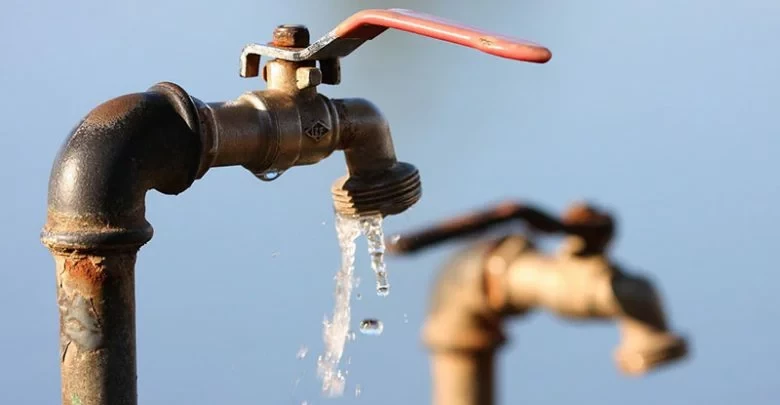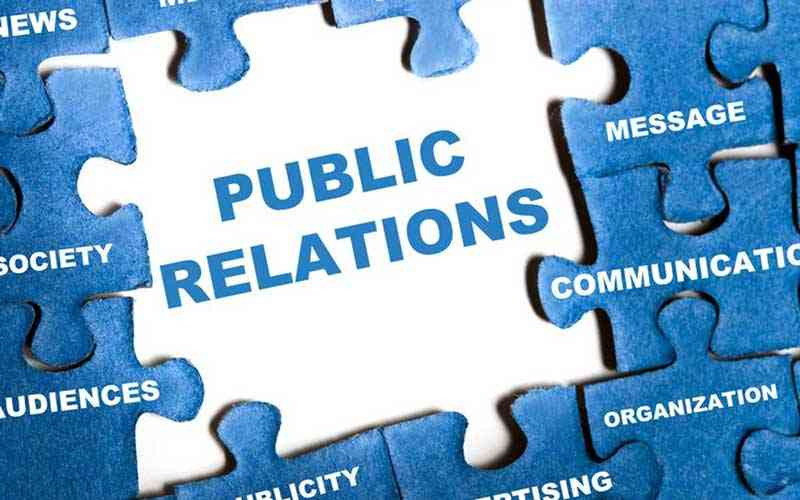
The water crisis in Harare has reached catastrophic levels, with residents in neighbourhoods like Kuwadzana going without water for over two weeks.
The city's failure to provide clean water has led to a surge in residents queuing at boreholes, underscoring the ineptitude of the City Council of Harare.
As the authority mandated to ensure access to clean water, the council's inability to perform its duties has severe implications for public health.
Corruption and mismanagement within the City Council have significantly contributed to the crisis.
Reports suggest that funds earmarked for water and sanitation infrastructure development have been misappropriated, highlighting a lack of accountability and transparency.
Poor governance has exacerbated the systemic failure, leaving residents to suffer the consequences.
The scarcity of water poses significant health risks, particularly in areas with poor sanitation and hygiene.
Evidence has suggested that residents are forced to rely on contaminated water sources, increasing the risk of waterborne diseases like cholera, dysentery, and typhoid.
- Harare cancels Pomona waste deal
- Uproar over census figures
- Devolution gains remain a mirage
- Byo Arts Festival in turmoil…One year later, festival has yet to pay artists…Organisers play cat and mouse with artists
Keep Reading
Sewage blockages and burst pipes contaminating water sources further exacerbate the risk of rapid disease spread.
The health implications of the water crisis are far-reaching and demand immediate attention.
To address this water crisis, the government must implement a comprehensive intervention strategy that includes policy reforms, strengthened anti-corruption measures, and prioritised investments in water and sanitation infrastructure.
This multifaceted approach will ensure the City Council of Harare has the necessary resources and support to perform its duties effectively, prevent misappropriation, and provide residents with access to clean water and proper sanitation facilities.
A thorough investigation into corruption and mismanagement is also necessary to hold those responsible accountable.
With decisive action, the government can mitigate the health risks associated with water scarcity and secure a healthier future for Harare's residents.
The time for action is now - in which the government must act swiftly to prevent a public health disaster and restore the City Council's ability to provide essential services.
In conclusion, the water crisis in Harare is a stark reminder of the devastating consequences of systemic failure, corruption, and poor governance.
The City Council's inability to provide clean water to its residents is a ticking time bomb for public health, and immediate action is necessary to prevent a full-blown disaster.
In fact, the people of Harare deserve better, and it's time for leaders to take responsibility and deliver on their promises.
*Clever Marisa (PhD) is a social scientist and public health practitioner. The views expressed here are his own and do not necessarily reflect the views of his affiliated institution or any organisation.











